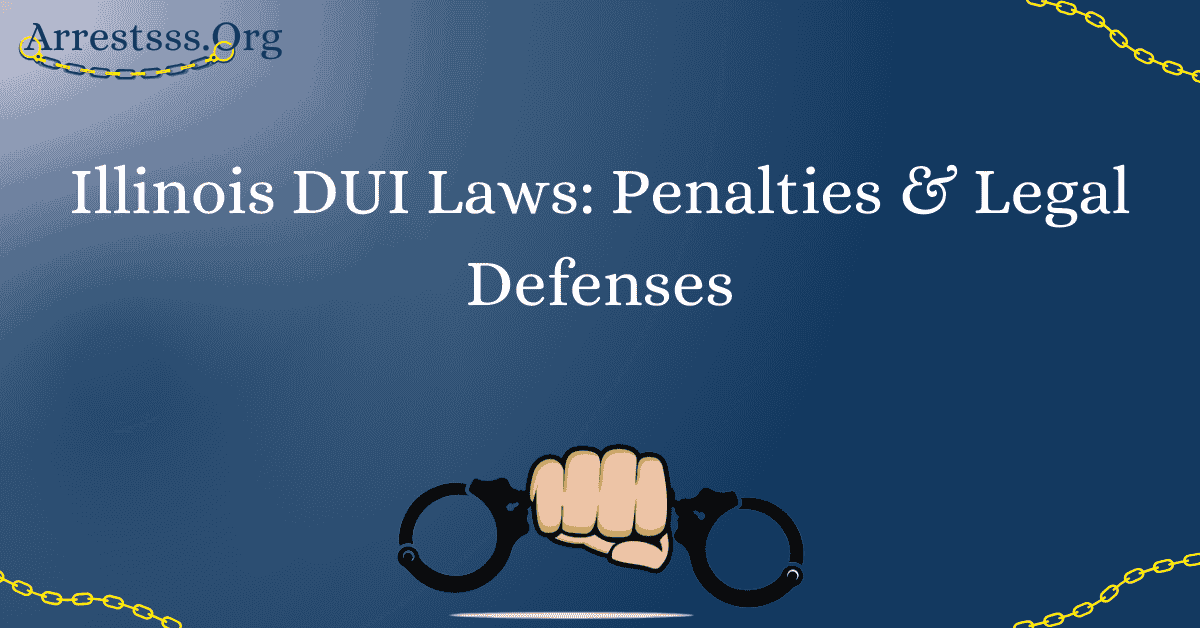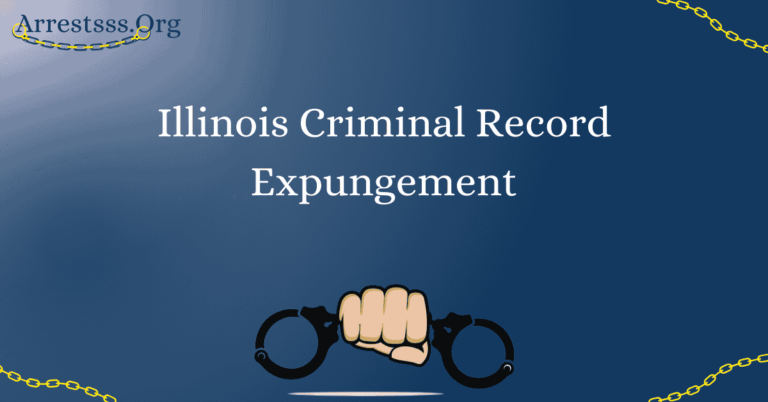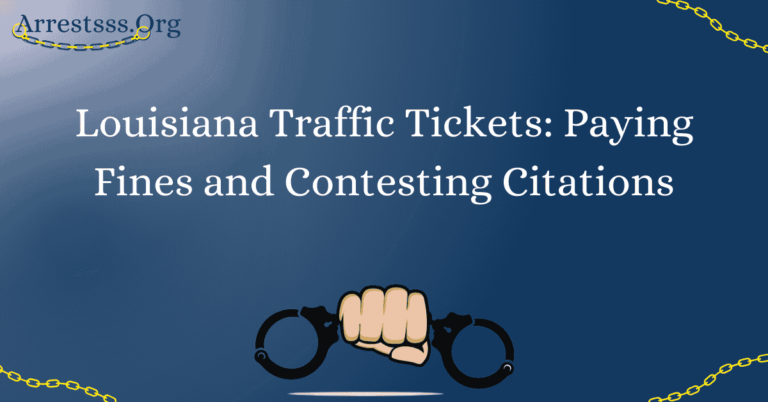Illinois DUI Laws: Penalties & Legal Defenses

In Illinois, understanding DUI laws is paramount due to the severe consequences associated with driving under the influence. This comprehensive article will delve into various aspects of Illinois State DUI laws, including penalties and potential defenses, to provide a clear understanding of the legal landscape.
Illinois enforces strict measures against DUI offenses, which can have lasting repercussions. To navigate these complexities, grasp the specifics of Illinois DUI laws, explore the penalties, and discover viable defense strategies.
Illinois DUI Laws
Illinois DUI laws aim to ensure public safety by deterring individuals from driving under the influence of drugs or alcohol. Key aspects include the legal blood alcohol concentration (BAC) limits, testing procedures, and the definition of DUI offenses.
In Illinois, the BAC limits are as follows:
- 0.08% for adults
- 0.04% for commercial drivers
- 0.00% for minors under 21
- Violation of these limits can lead to DUI charges.
Penalties for DUI in Illinois
A DUI conviction in Illinois carries a range of penalties that can profoundly affect one’s life. These penalties encompass:
- Fines
- License suspension or revocation
- Mandatory alcohol education programs
- Probation
- Imprisonment
The severity of these penalties depends on factors such as BAC levels, prior DUI convictions, and the presence of aggravating circumstances.
Legal Defenses Against DUI Charges
Mounting a defense against DUI charges in Illinois is possible, with various strategies to challenge the prosecution’s case. Common defenses include:
- Questioning the validity of Sobriety tests
- Challenging the legality of the traffic stop
- Arguing a lack of probable cause
Additionally, some individuals may be eligible for alternative sentencing options or plea bargains, reducing the impact of a DUI conviction.
FAQ’s
What are the BAC limits in Illinois for DUI?
In Illinois, the legal blood alcohol concentration (BAC) limits are as follows: 0.08% for adults, 0.04% for commercial drivers, and a strict 0.00% for minors under 21. It’s vital to note that exceeding these limits can lead to DUI charges with potentially severe consequences.
What are the penalties for a first-time DUI offense in Illinois?
Penalties for a first-time DUI offense in Illinois can vary but often include fines, license suspension, mandatory participation in alcohol education programs, probation, and the possibility of imprisonment. The specific penalties depend on factors such as BAC levels and any prior DUI convictions.
Can I refuse a breathalyzer or field sobriety test in Illinois?
Yes, you have the right to refuse a breathalyzer or field sobriety test in Illinois. However, it’s important to understand that refusing these tests may result in administrative consequences, including automatic license suspension. Consulting with an attorney is advisable before making such a decision.
Are there diversion programs for first-time DUI offenders in Illinois?
Illinois does offer diversion programs for some first-time DUI offenders. These programs provide an alternative to traditional penalties and typically involve completing rehabilitation and educational courses. Eligibility for diversion programs may vary depending on individual circumstances, so consulting with legal counsel is recommended.
How can I find an experienced DUI attorney in Illinois?
To find an experienced DUI attorney in Illinois, start by seeking recommendations from trusted sources, such as friends, family, or legal directories. It’s essential to choose an attorney with specific expertise in handling DUI cases, as their knowledge and experience can significantly impact the outcome of your case.






